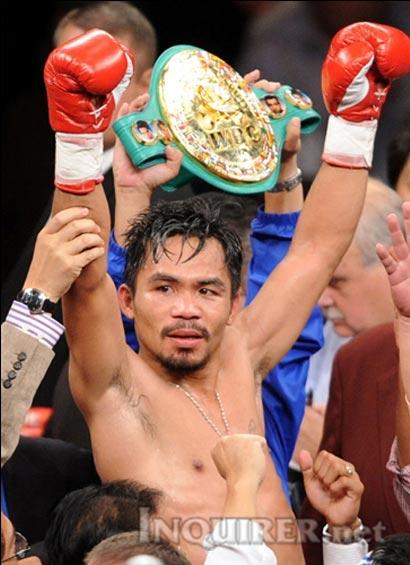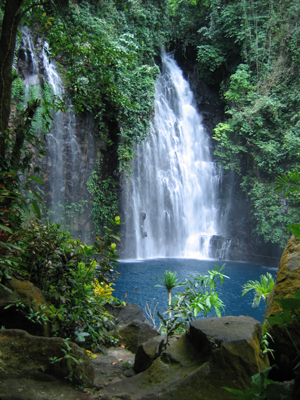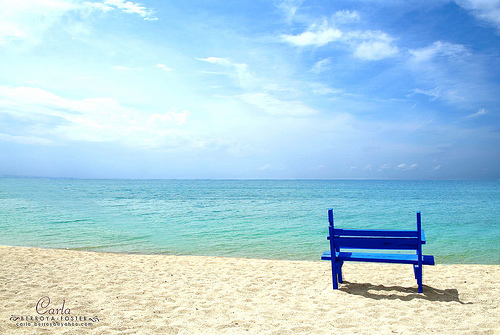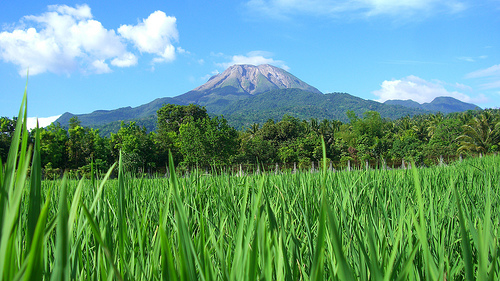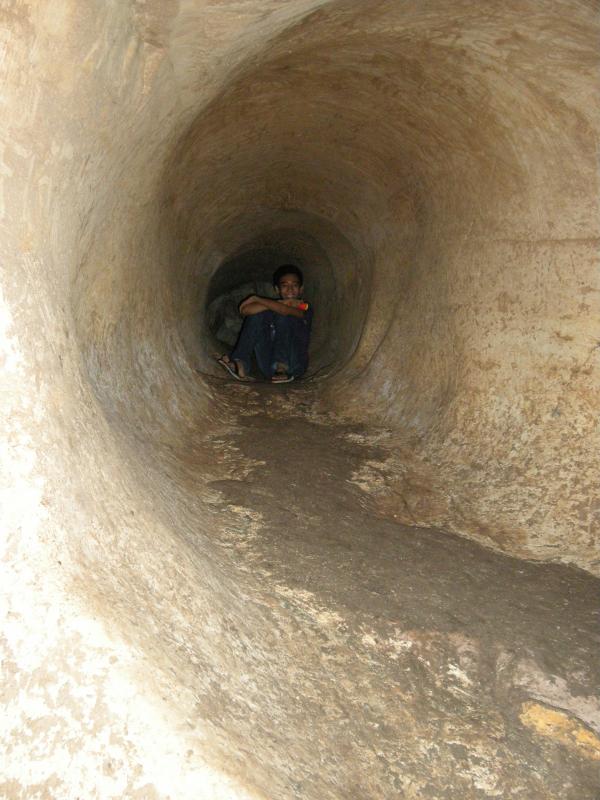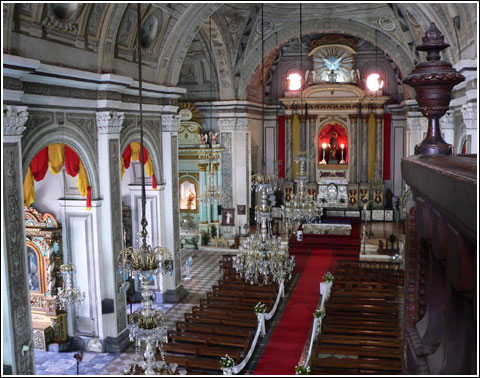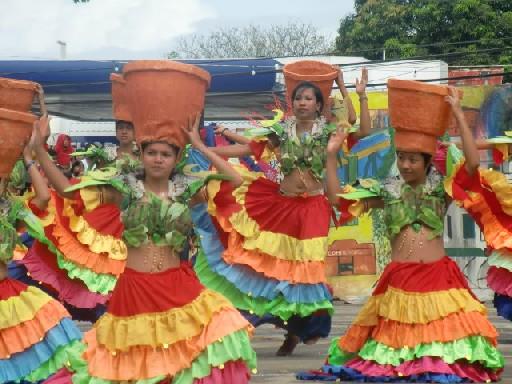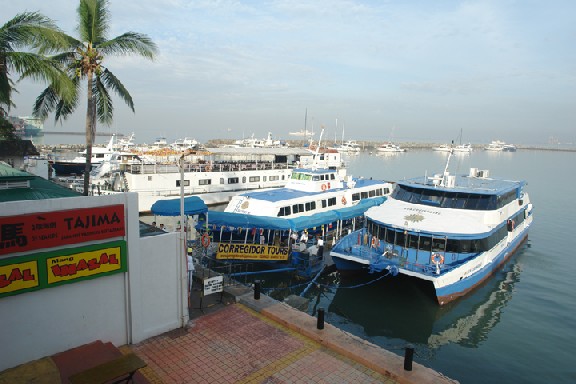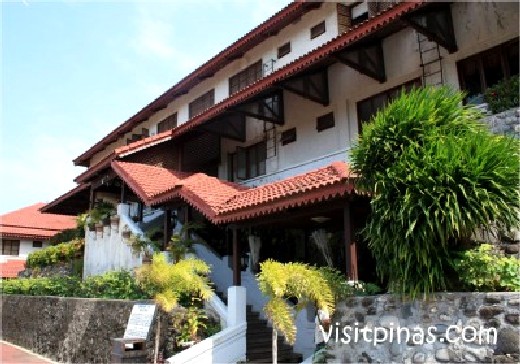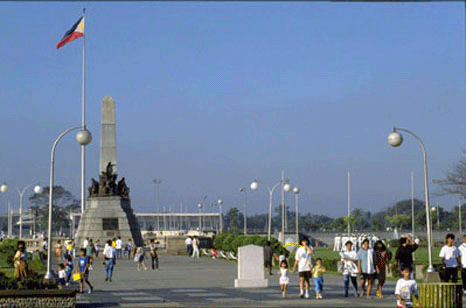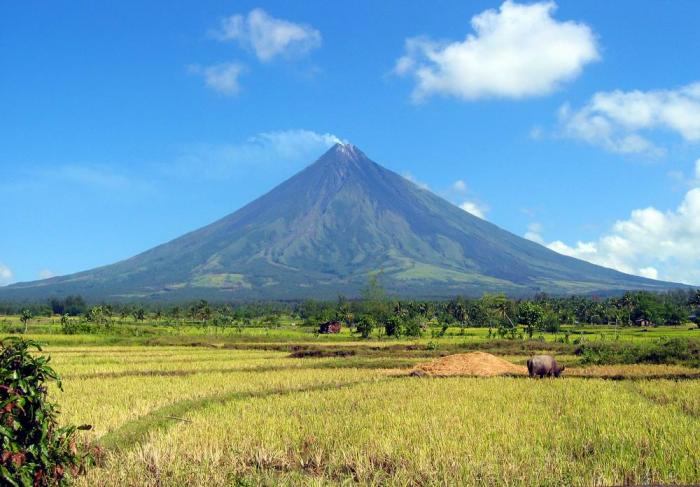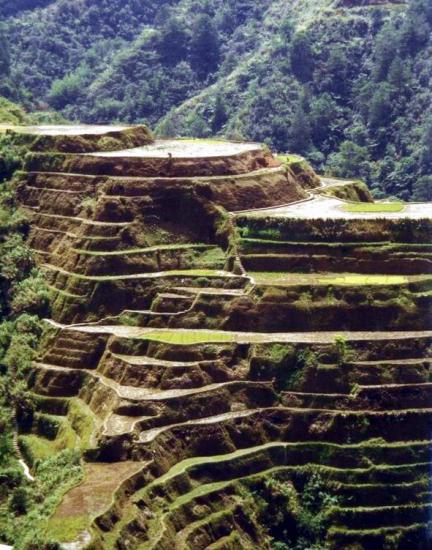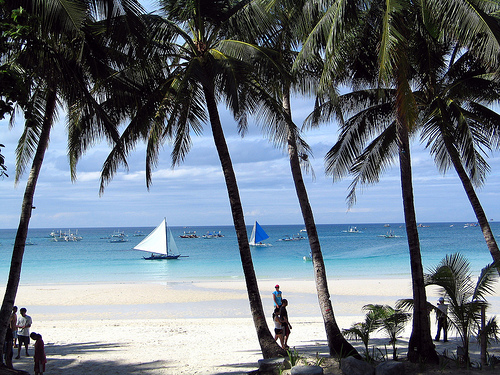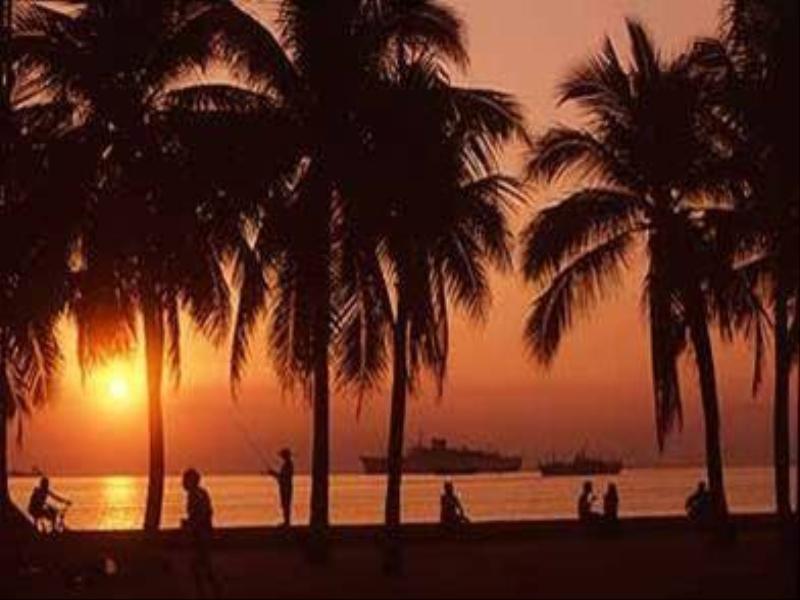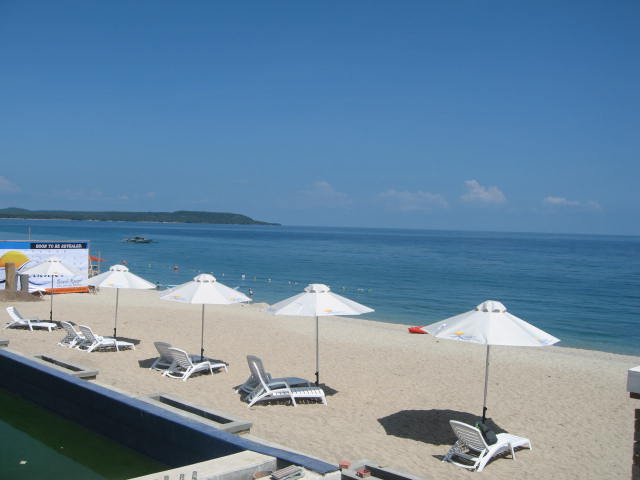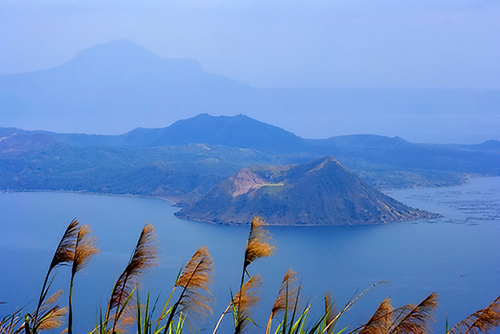Planning a trip? Those who love to travel know the essence of all travel is about you and your enjoyment. Travelers know that the destination is a major part in planning a trip, experiencing and delving deeper into an unfamiliar places, people and culture is paramount.
Expand your horizons and set your sight to the Philippines, an off the beaten path travel site! An undiscovered paradise made of thousands of islands and white sand beaches all around! A tiny dot in the map of the world, and yet a haven for travelers, backpackers, retirees and even passersby.
It offers awesome tourist attractions, magnificent beaches, hot spring resorts, colorful festivals, hundreds of scenic spots and world-class hotels and facilities. Not to mention the tropical climate, the affordable prices as well as the friendly and hospitable, English-speaking people! You will be glad you came, and we’re sure, you WILL come back for more FUN in the Philippines!
CORREGIDOR ISLAND NOW
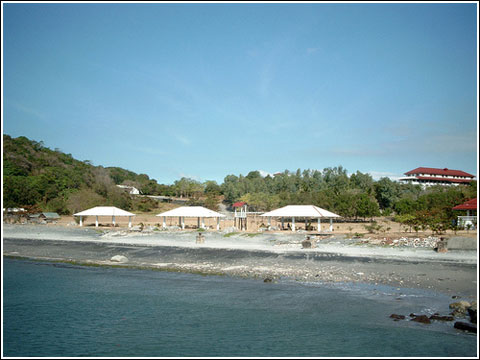 Photo from: etravelpilipinas.com
Photo from: etravelpilipinas.com
After the war, the island was left as it was and for many years lay forgotten. Only in the post 1986 Aquino years was it opened up for visitors and developed as a memorial and tourist destination by the Corregidor Foundation.
Today you can travel to Corregidor on an all inclusive day trip, departing from Manila port near the Cultural Center. A high speed ferry takes you across Manila Bay to the island. During the journey, a video documentary provides an insight into the illustrious history of the island. It contains remarkable footage and is superbly scripted.
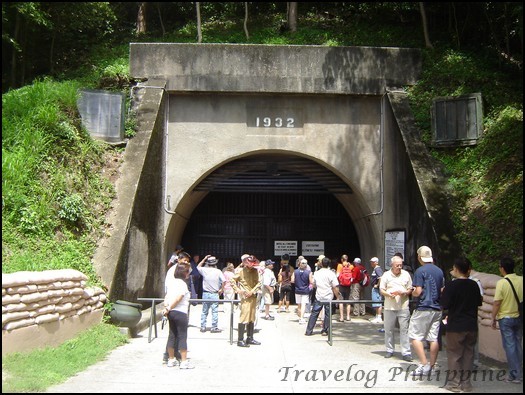 Photo from: travelogphilippines.com
Photo from: travelogphilippines.com
On arrival visitors are ushered into one of the trolley-style cars which take you around the main sights of the island. These are modelled on the American style electric-powered trolleys or trams, which ran on tracks all the island. Today’s trolleys are converted Japanese Hino buses wheels and tyres, not quite the same as the originals.
The first stop is the statue of General McArthur, the first of many photo-calls when visitors climb out of the trolley and have their picture taken. A photographer takes photos which can be ordered later. The Japanese memorial garden has a shinto shrine in memory of the Japanese dead. Japanese visitors are made to feel welcome on Corregidor. Many come to pray for relatives killed in action and to pay homage to their bravery. The Japanese, and Filipino flags fly side by side as a sign of reconciliation.
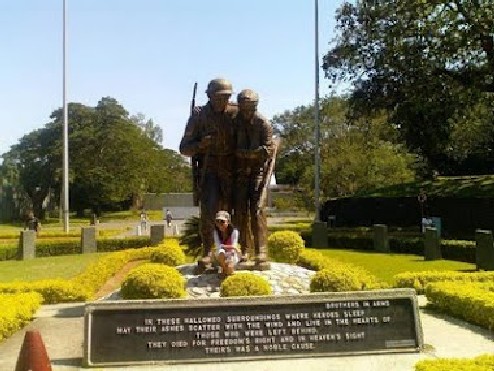 Photo from: travelwithyhanz.blogspot.com
Photo from: travelwithyhanz.blogspot.com
The highpoint of the tour is the Malinta Tunnel. Visitors enter at the southern end and are treated to a multimedia experience with flashing lights and sound effects recreating explosions and gunfire. Visitors walk in a group along the tunnel and stop at various points to hear dramatizations of key events in English, Tagalog and Japanese. In the tunnel laterals, scenes have been created with mannequins representing figures such as General McArthur and Philippines President Manuel Quezon.
Finally the end of the tunnel is reached and you can peer into the empty and eerie blackness of the lateral tunnels extending into the rock. At night the tunnel is said to be haunted by the restless spirits of Filipino, Japanese and American men killed in action. It would be an interesting experience to spend the night here.
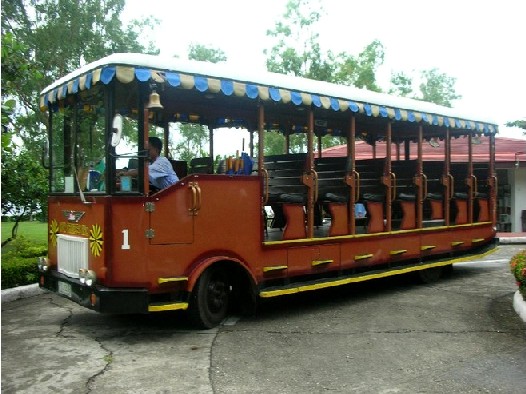 Photo from: members.virtualtourist.com
Photo from: members.virtualtourist.com
After lunch at the hotel, the tour continues with a drive around the western part of the island. The huge guns which once fired shells on besieging ships can be inspected from up close. Many still carry dents and holes sustained during wartime action.
A tour round the vast ruined American barracks is one of the most visually compelling aspects of the trip. The twisted and derelict remains of the American barracks, have hardly changed in the intervening decades, making it seem as if the war ended only a few years ago.
With a bit of imagination you can conjure up a vision of the GI’s in their smart uniforms walking out of the barracks, stepping onto the trolleys, going to the restaurant or entering the cinema to the sound of Glenn Miller or the latest Humphrey Bogart movie.
Today the cinema is still there, but it is an empty shell. Next to the ticket booth are two cars, one of them General McArthur’s staff car, set up as a permanent memorial to the legendary military leader. You can see the flagpole where General McArthur hoisted his flag, and the building where he set up his offices in the closing stages of the war.
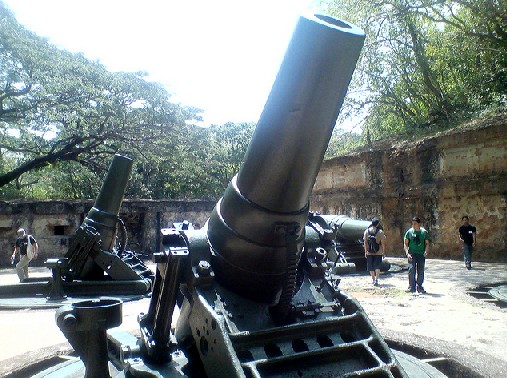 Photo from: flickr.com/photos/11646034@N05/5899979520/
Photo from: flickr.com/photos/11646034@N05/5899979520/
Nearby are the recently constructed memorials to American war dead and the Pacific campaigns which would liberate the Philippines and the rest of this vast, ocean-covered region. This is a place where America had its finest hour, and was widely recognised as a liberator of nations. The Korean, Vietnam and Iraqi conflicts lay far in the future.
The final stop is a visit to the lighthouse and the souvenir shop, before returning to the ferry for the crossing back to Manila.
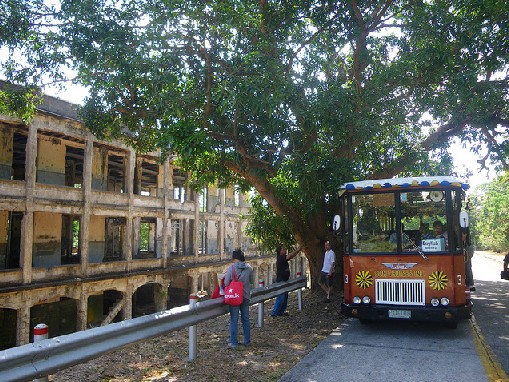 Photo from: flickr.com/photos/andynelson/5613258348/
Photo from: flickr.com/photos/andynelson/5613258348/
Many visitors are people from America and Japan who once served on Corregidor, or their relatives as well as tourists. Corregidor is like a time capsule, allowing you overcome the bounds of time and experience a taste of life during wartime. But it is only a taste. Those of us who have grown up the postwar peacetime years can never fully grasp the horrors experienced by the soldiers who served here.
The Pacific War is often described as the forgotten war. A visit to Corregidor will help to keep the memory alive. I am proud to have visited Corregidor and would like to go there again. In the words of a famous American general, ‘I shall return’.
Source: aidan.co.uk
Read More on Remember the Filipino-American Alliance in Corregidor Island
Read More on Take a Boat Tour to Corregidor Island
Read More on Cavite – the Historical Capital of the Philippines
Read More on Colorful Festivals in Cavite
Read More on It’s Fun in Cavite
Read More on Interesting Spots in Cavite
Read More on Travel to Cavite from our Amazon Library
